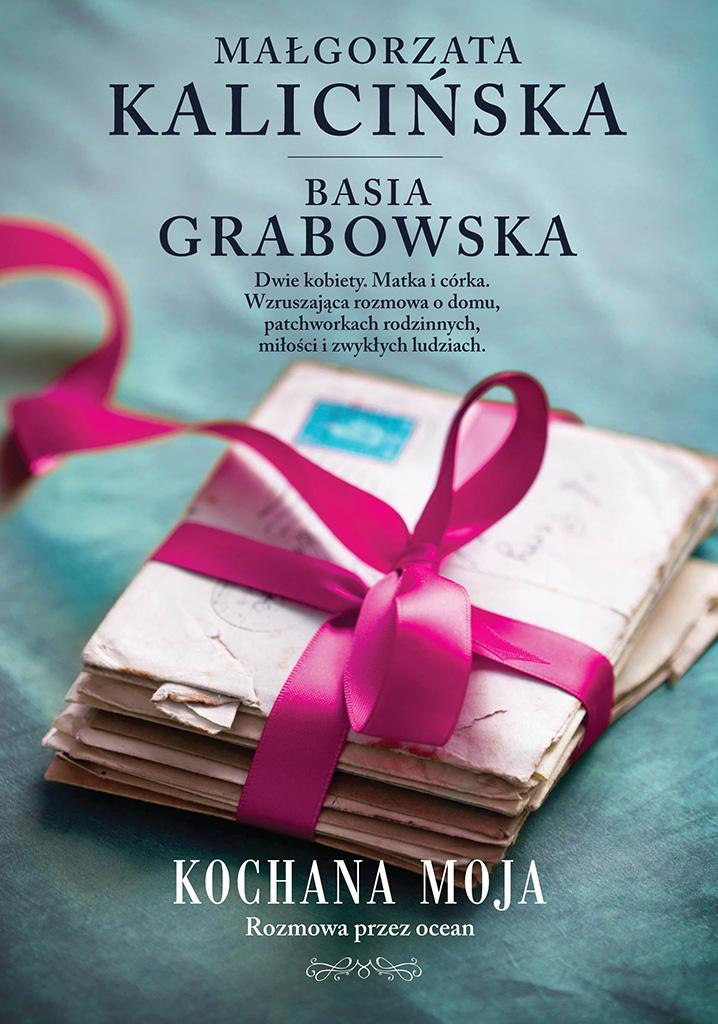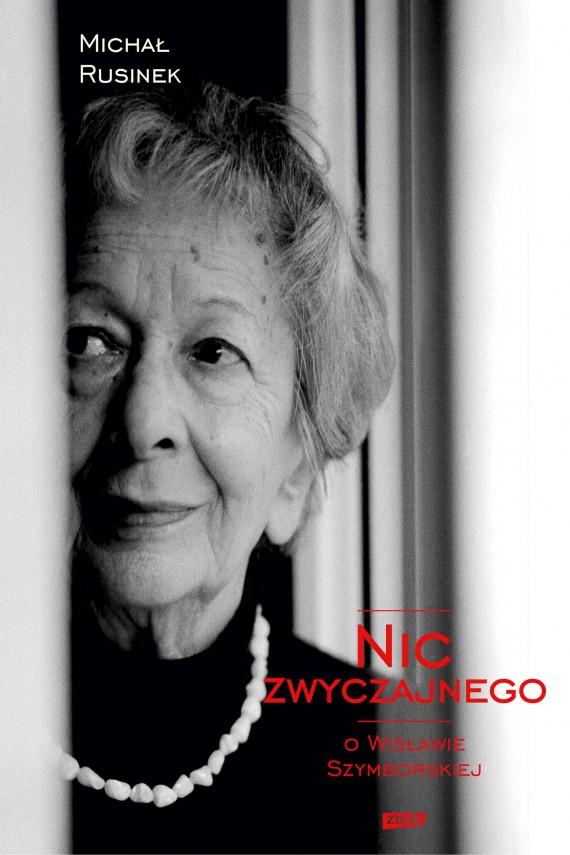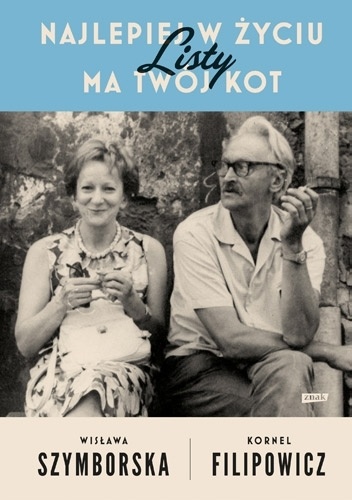Almost every woman likes girl talk. We have our kindred spirits who we can speak to for hours about any subject over coffee, tea, or good wine. Even little girls whisper their biggest secrets into each other's ears. Sometimes a friendship which is put to the test breaks up and life throws somebody else in our way. Sometimes neither time nor distance changes our relationships. This kind of sworn friendship is beautiful and worth caring for.
Such girl talk held by two clever and close women was recorded in "Darling. Conversation across the ocean" a book by Małgorzata Kalicińska and Basia Grabowska. They are separated by an ocean, time difference and a whole generation, but they are joined together by love, trust, intelligence and a similar sense of humour. Two loving woman – mother and daughter – use their computer keyboards to chat about daily life and important and trivial matters. We can read about memories from their family home, their favourite dishes, affections and the most final of things.
Every conversation lets us see things from two different viewpoints: from the mature mother's and the younger daughter's point of view. Each chapter gives us food for thought and allows us to compare their points of view with our own take on the problem. They also make a lot of interesting references to literature and culture. You may or may not agree with the views of the authors, but for sure you cannot accuse this book of a lack of sensitivity, tolerance or feelings or say that the authors are unwilling to discuss every subject.










